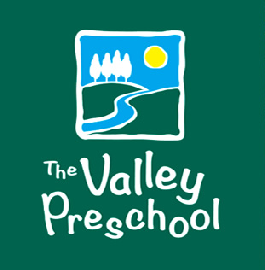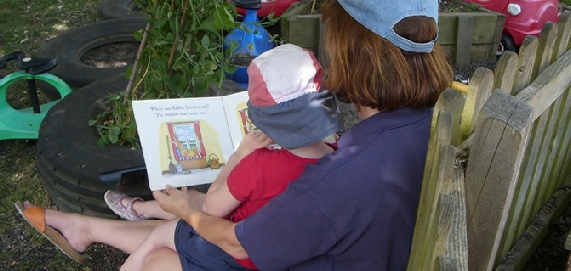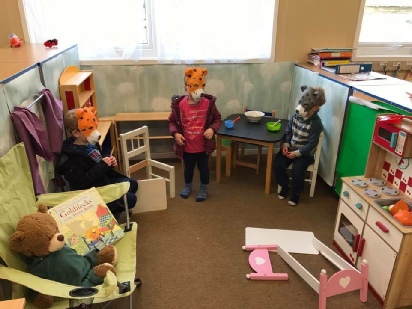

© The Valley Preschool, 2019 -
Built by: DoctorOgo Computer Services
Telephone: 01489 878019



Curriculum
‘Children are keen and motivated in play. They thrive in the well planned, stimulating learning environment, making good developmental process’ – Ofsted 2018
Our curriculum is based on the requirements of the Revised Early Years Foundation Stage (Department for Education, September 2012) that sets the standards for Learning, Development and Care for children from birth to five. For more information please visit www.foundationyears.org.
Children start to learn about the world around them from the moment they are born. The care and education offered by The Valley Preschool will enable your child to learn skills, acquire new knowledge and demonstrate their understanding through interesting activities that are appropriate for their age and stage of development.
These are:
1. Personal, social and emotional development – we provide positive approaches to learning in order that the children are able to: find out about the world around them; gain confidence in themselves and their ability to do things and value their own achievements; work and make friendships with other people, both children and adults; keep to and be aware of the rules which we all need to help us to look after ourselves, other people and our environment; dress and undress themselves, look after their personal hygiene needs and gain independence; and expect to have their ways of doing things respected and to respect other people’s ways of doing things.
2. Communication and language – we enhance this by providing children with the opportunity to use and enhance: conversational skills with one other person, in small groups and in large groups to talk with and listen to others; their vocabulary by learning the meaning of, and being able to use, new words; their ability to use words to describe their experiences; their knowledge of the sounds and letters that make up the words we use; their ability to listen to, and talk about, stories. Through ‘Chatterbox’ sessions, when small groups of children play language games and practice phonics sounds, we see a significant boost to children’s self-
3. Literacy – knowledge of how to handle books and that they can be a source of stores and information; knowledge of the purposes for which we use writing ; and make their own attempts at writing. We are teaching phonics phase 1 to further help children’s transition to Reception.
4. Mathematics – this includes encouraging the children to: understand and gain ideas about how many, how much, how far and how big; understand and gain ideas about patterns, the shape of objects and parts of objects, and the amount of space taken up by objects; understand that numbers help us to answer questions about how many, how much, how far and bow big; understand and gain ideas about how to use counting to find out how many; and create early ideas about the result of adding more or taking away from the amount we already have. New for 2013, we will be introducing the children to Numicon, a multisensory approach to numeracy, which will also help with transition to Reception.
5. Understanding of the world – this includes: knowledge about the natural world an how it works; knowledge about the made world and how it works; learning about how to choose, and use, the right tool for a task; learning about computers, how to use them and what they can help us to do; skills on how to put together ideas about past and present and the links between them; learning about their locality and its special features; and learning about their own and other cultures.
6. Physical development – we provide children with opportunities to: increase control over the large movements that they can make with their arms, legs and bodies, so that they can run, jump, hop, skip, roll, climb, balance and lift; increase control over the small movements they can make with their arms, wrists and hands, so that they can pick up and use objects, tools and materials; and understand about the importance of, and how to look after, their bodies.
7. Expressive arts and design– includes the use of pain, materials, music, dance, words, stories and role-
